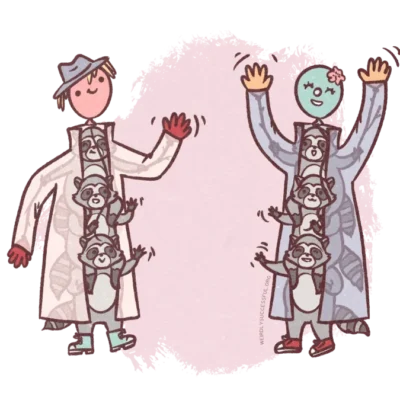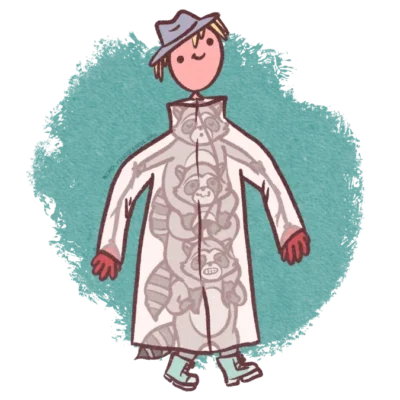dyspraxia
Developmental Coordination Disorder is a neurological condition that affects motor skills and coordination. People with DCD can have trouble with balancing, or tasks that require fine motor skills like tying shoelaces, holding pens or cutlery.



